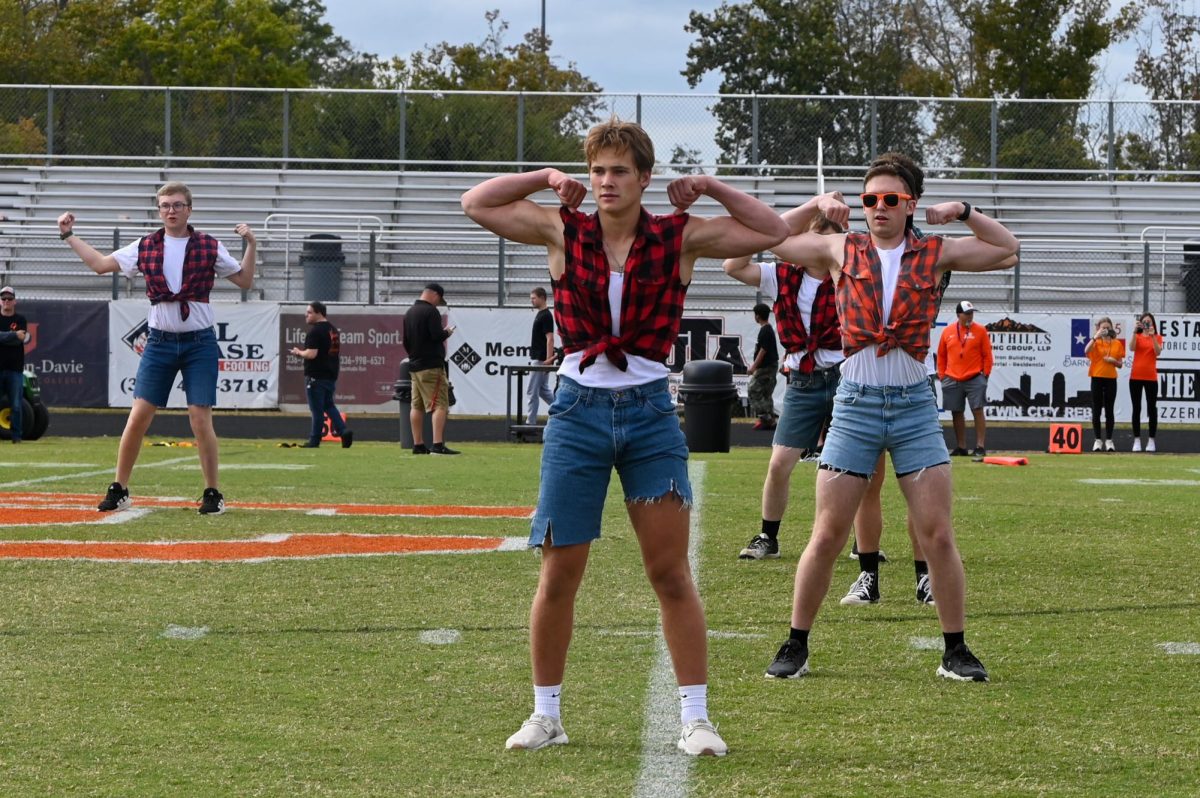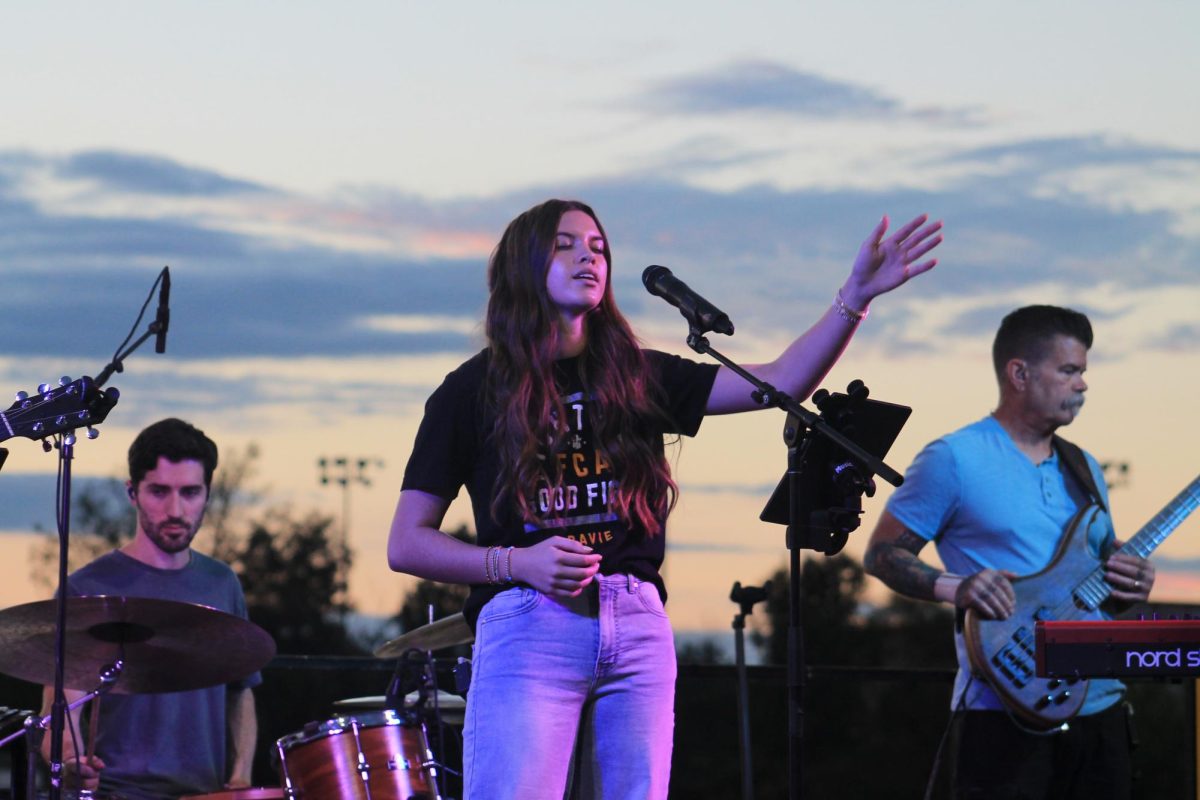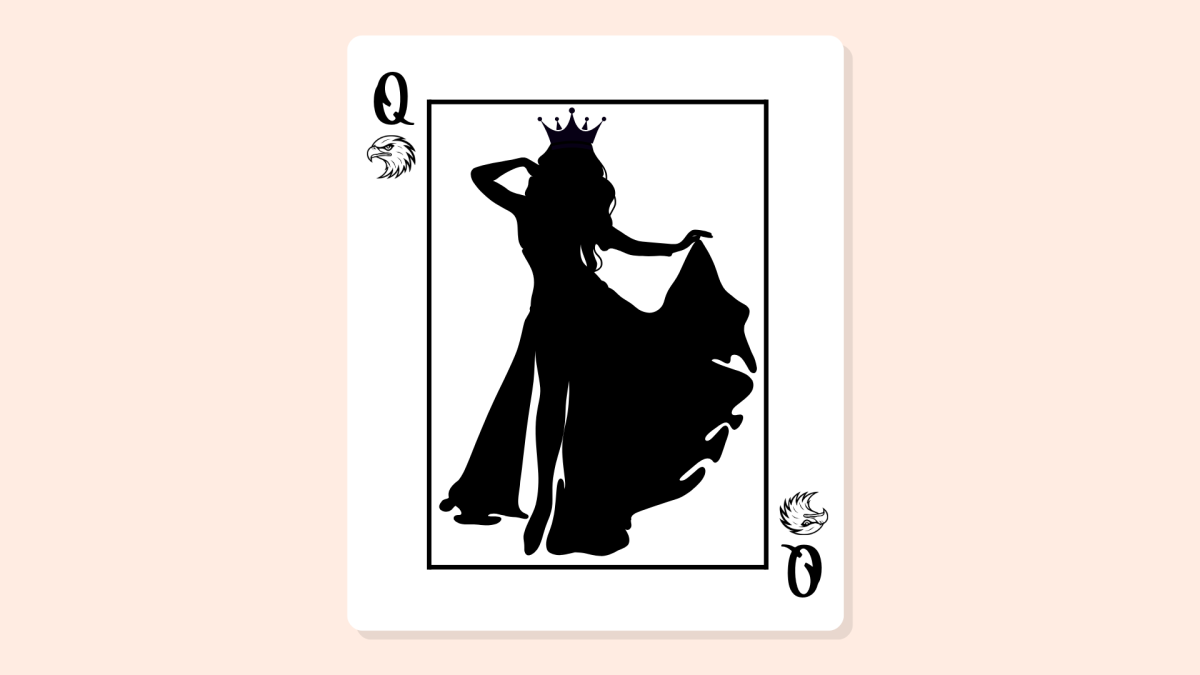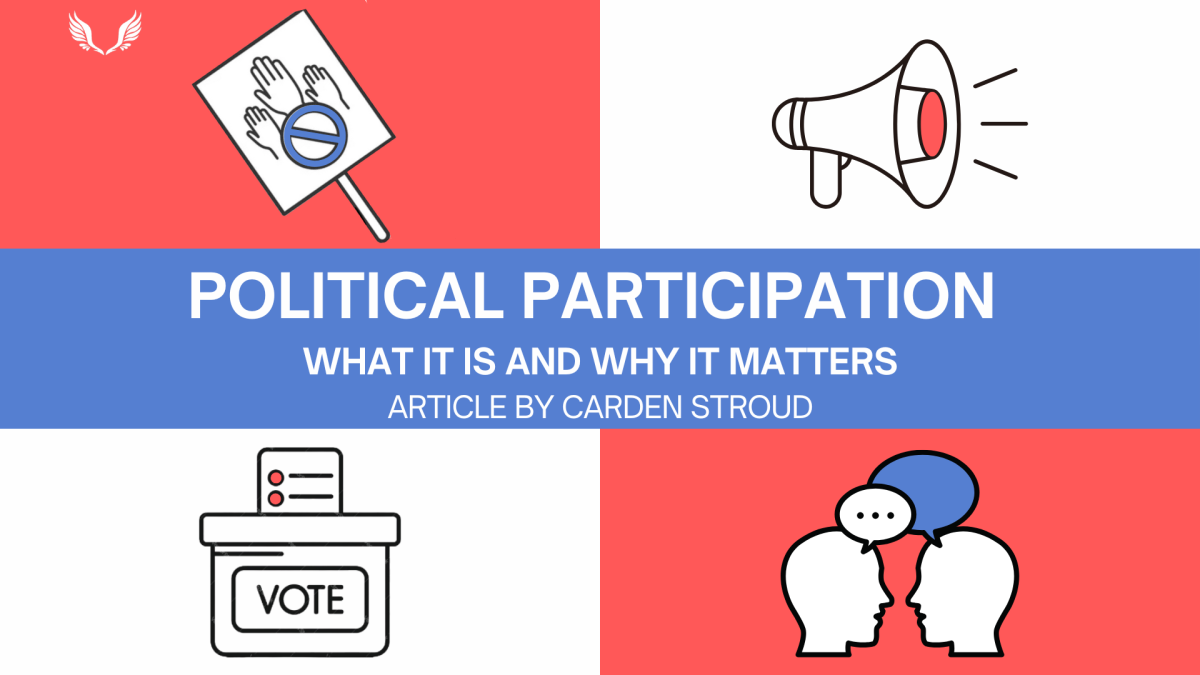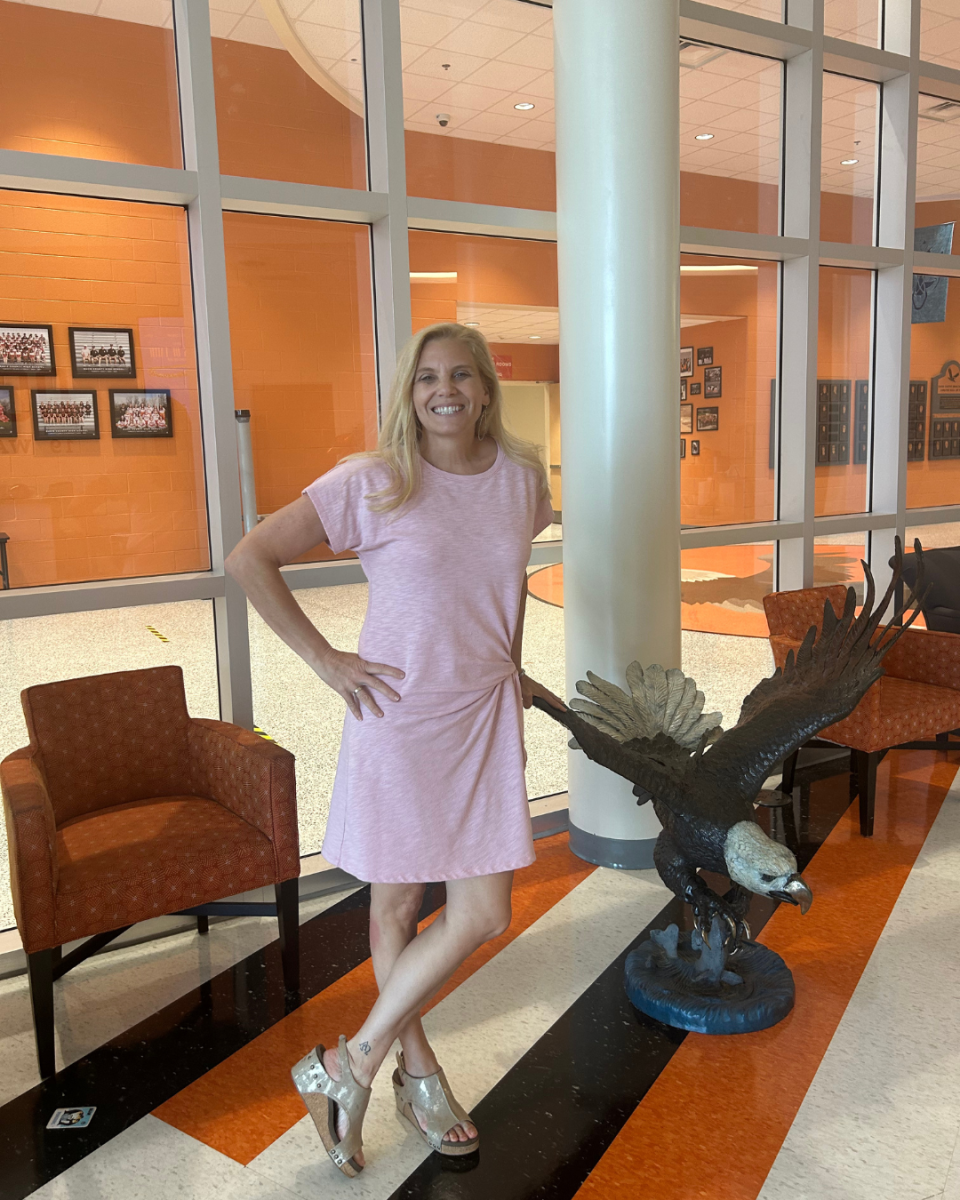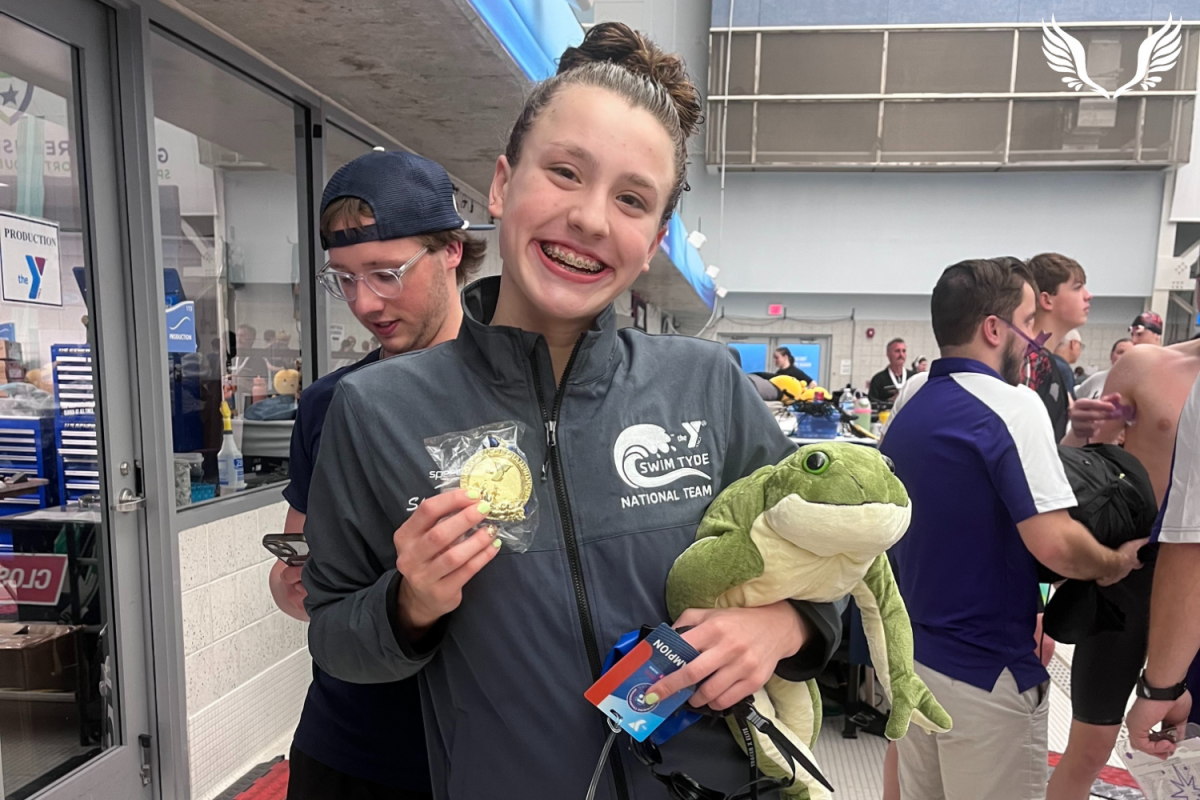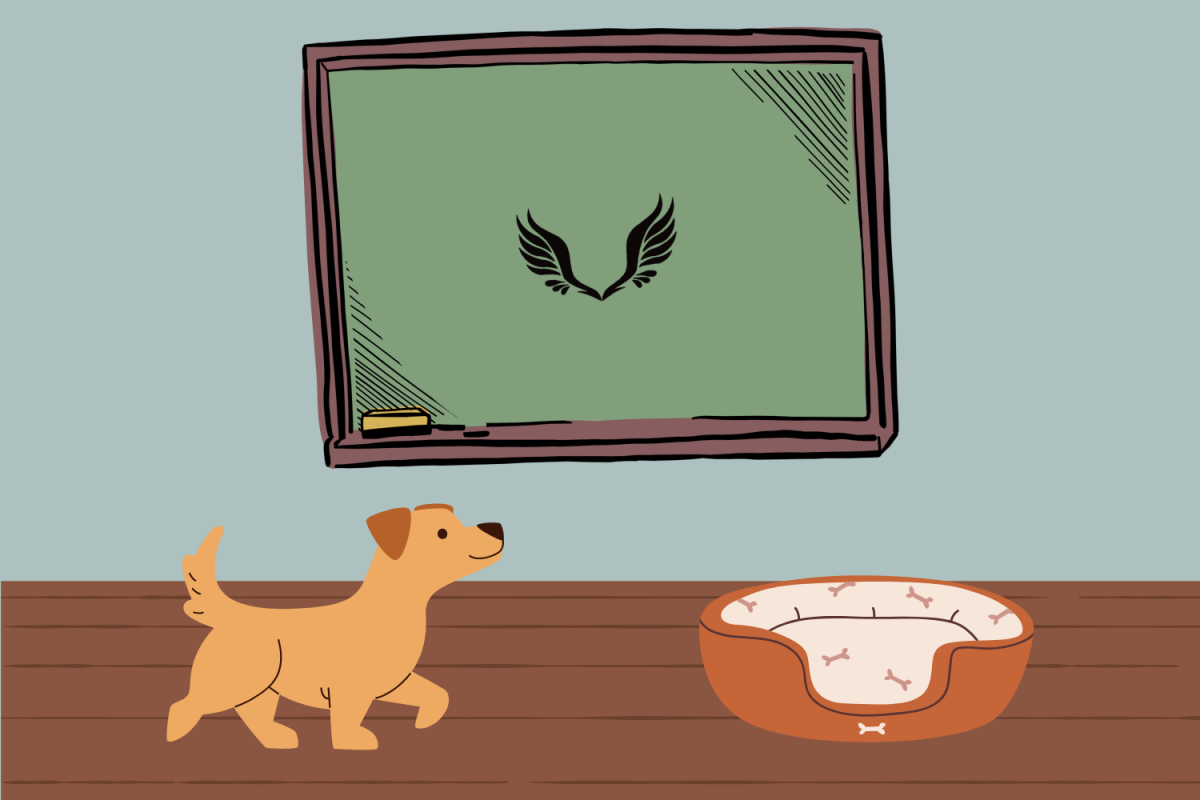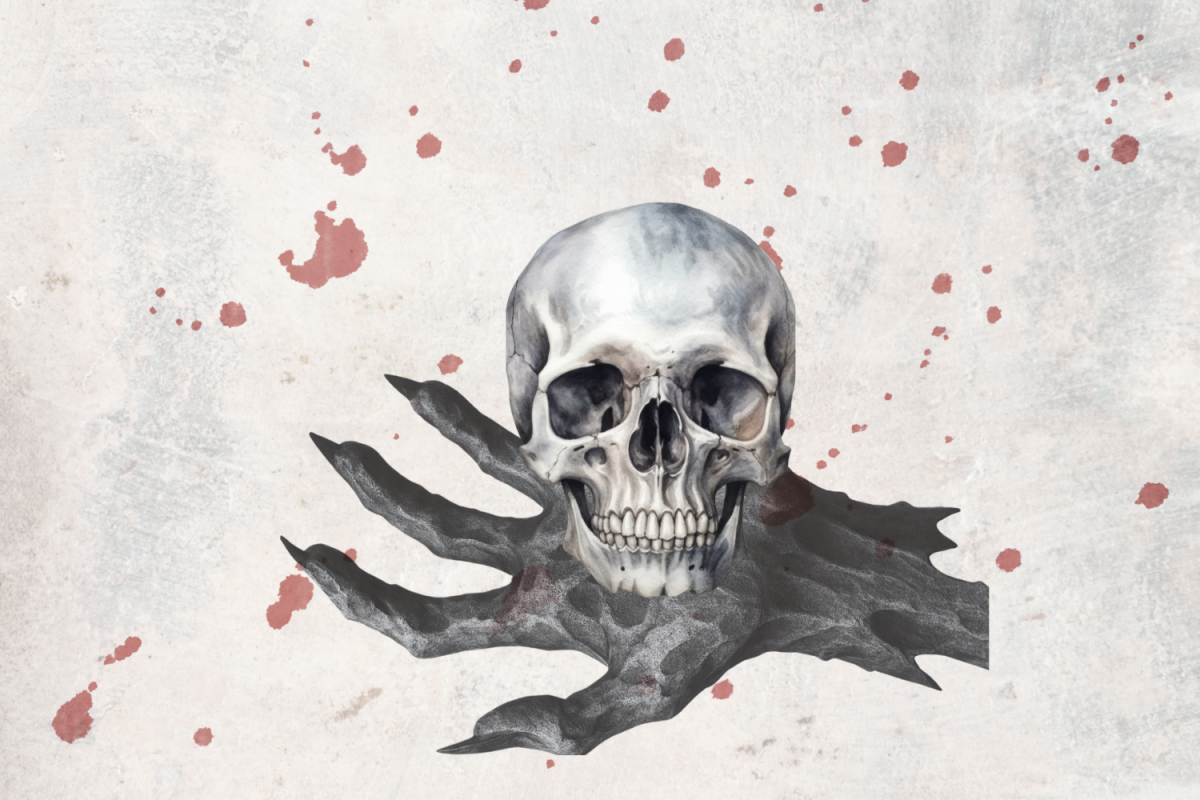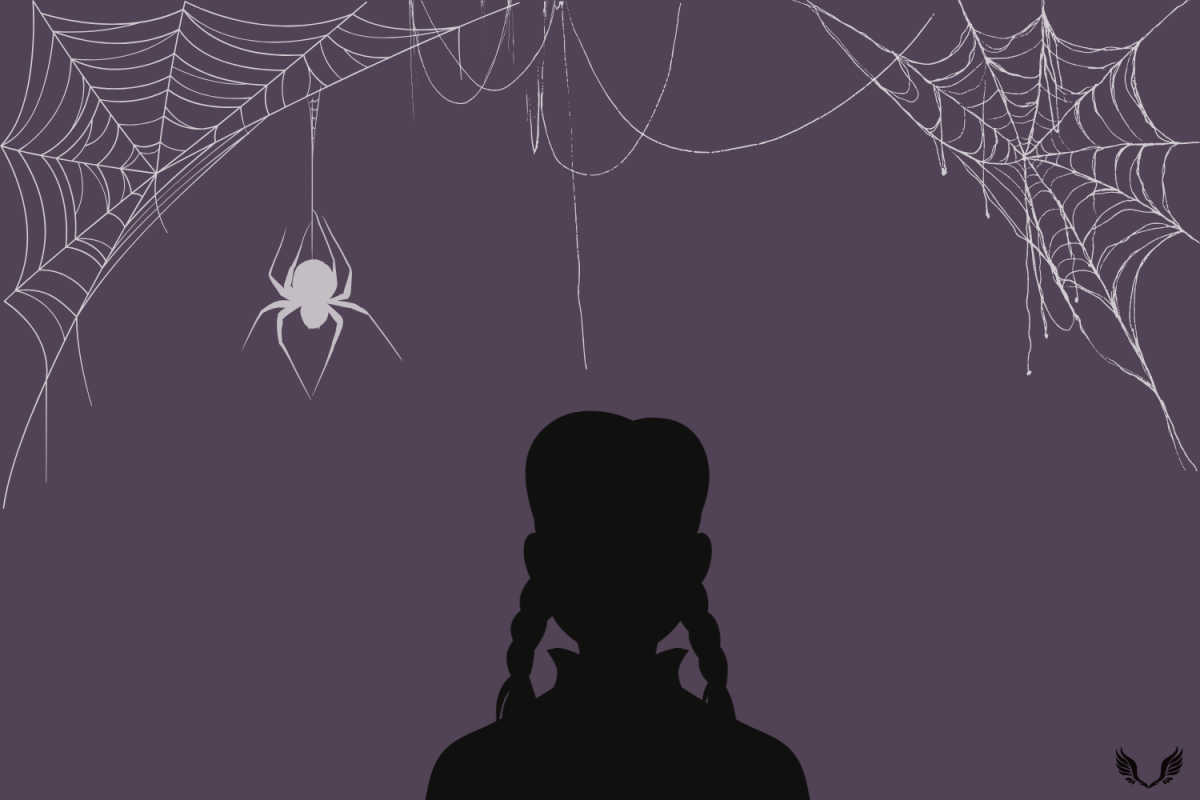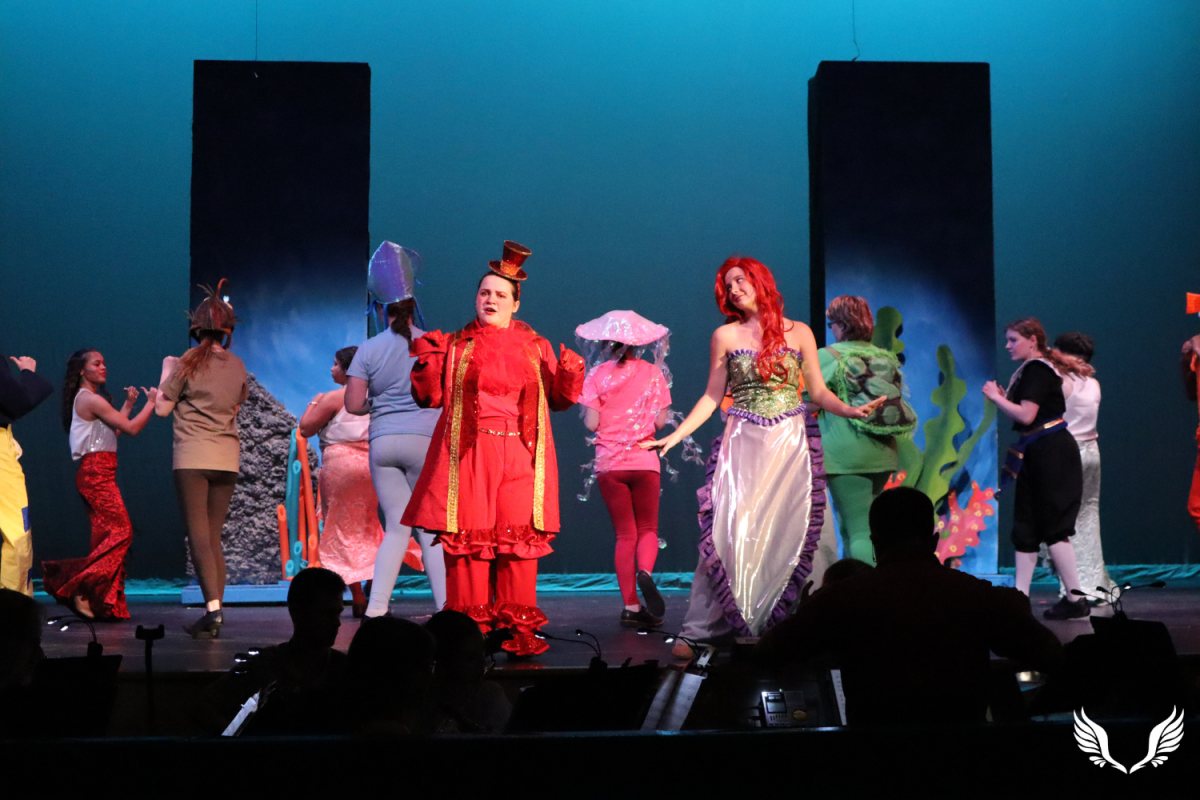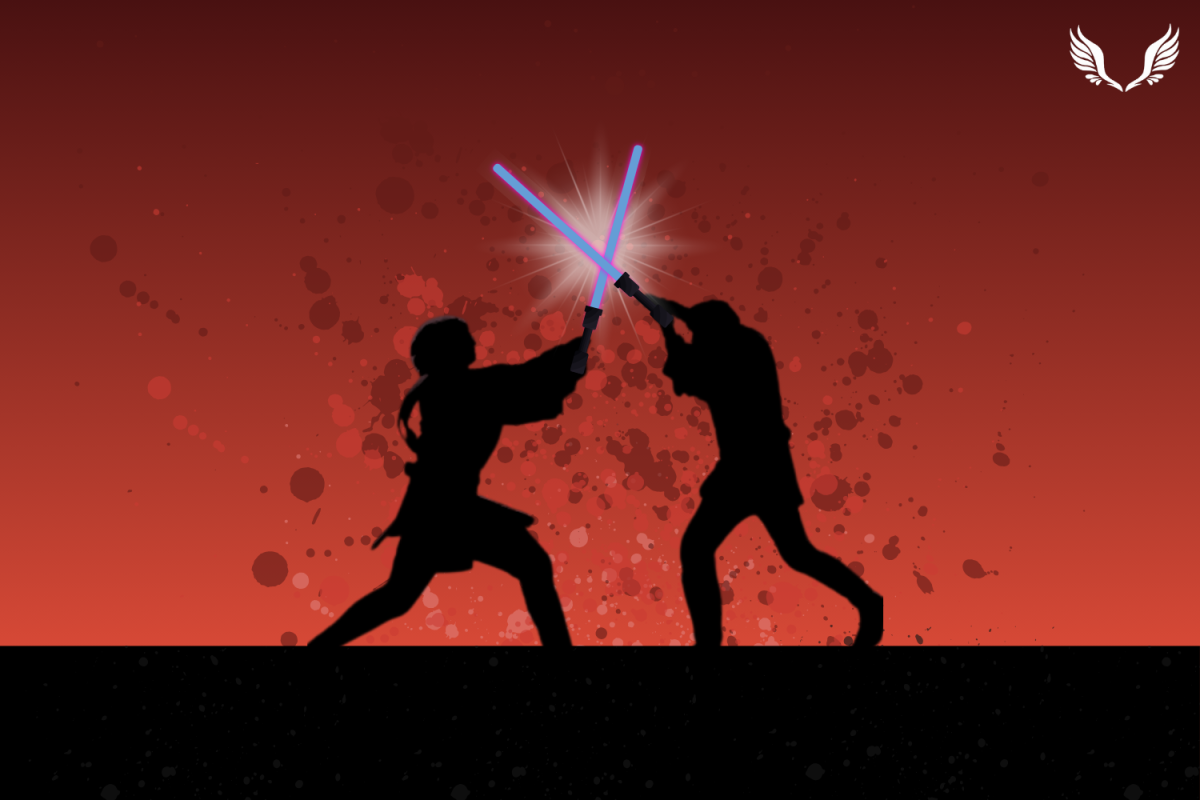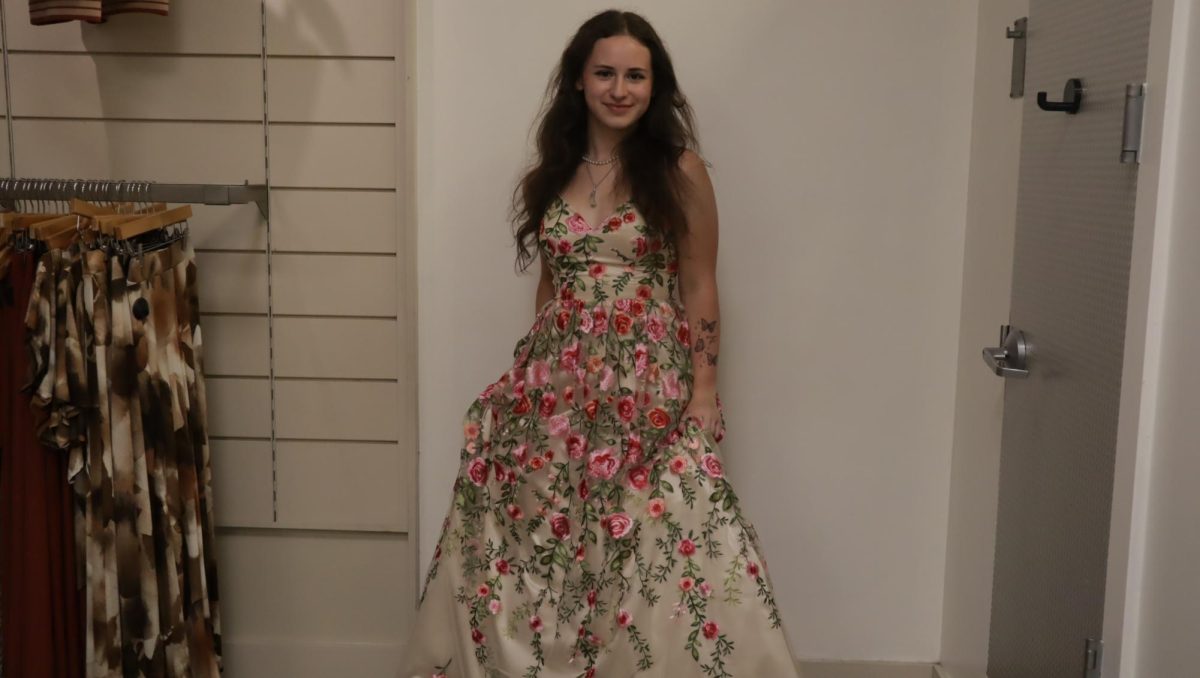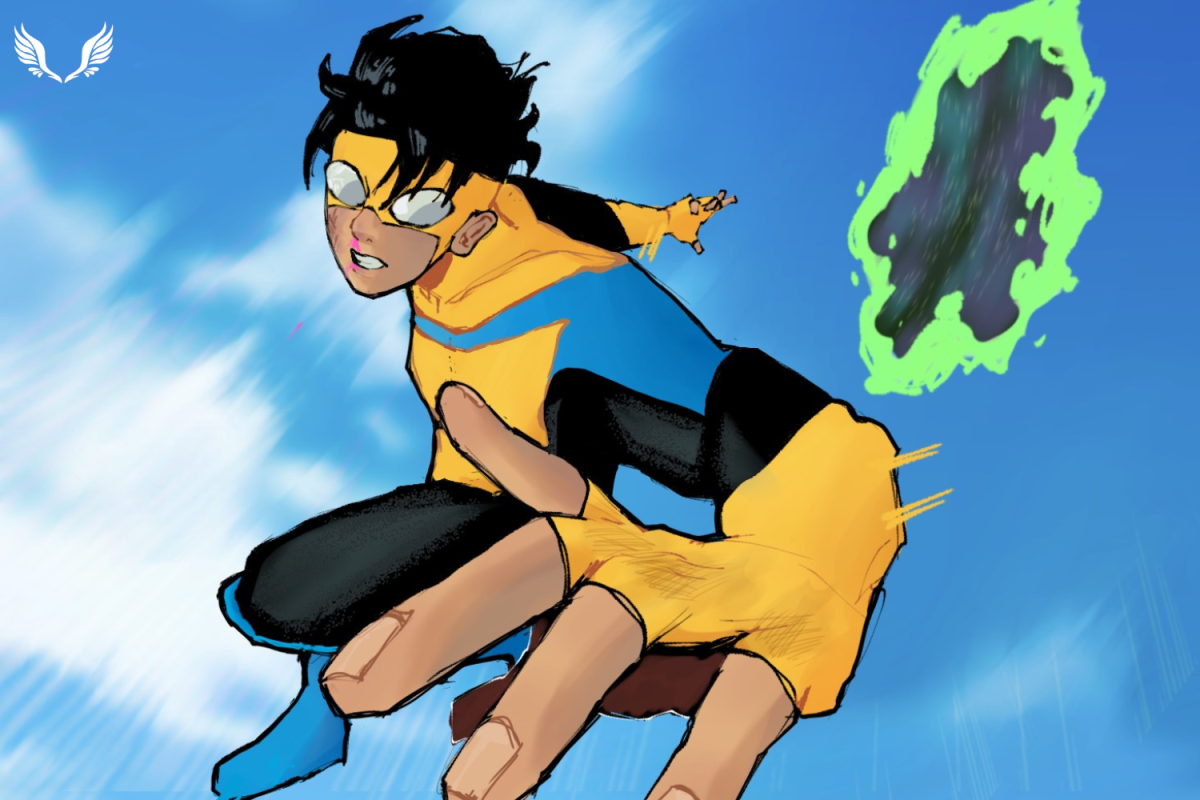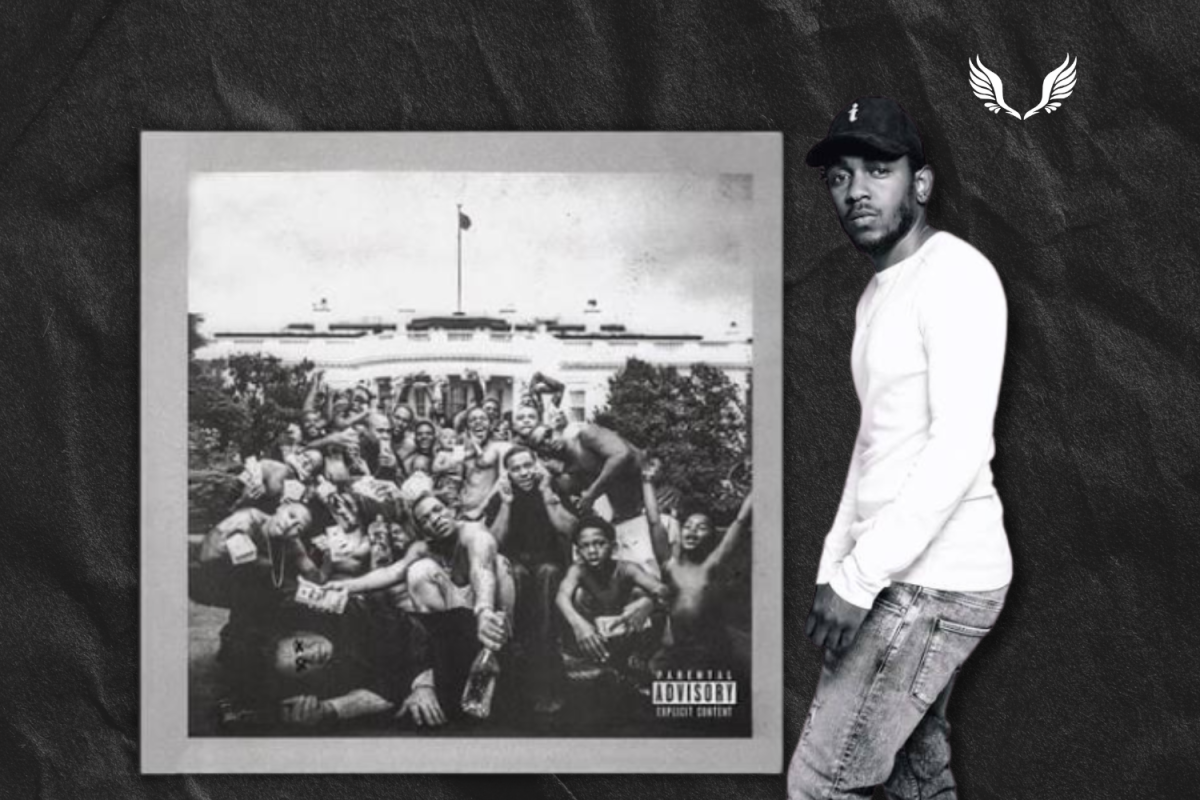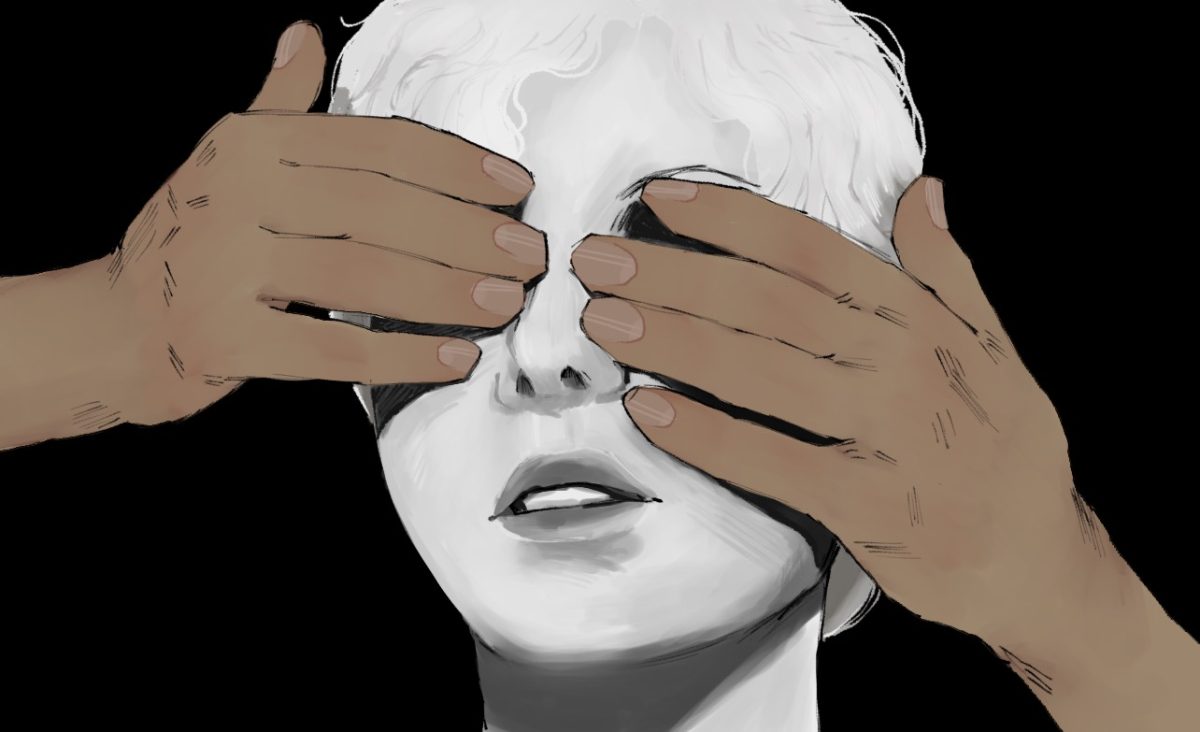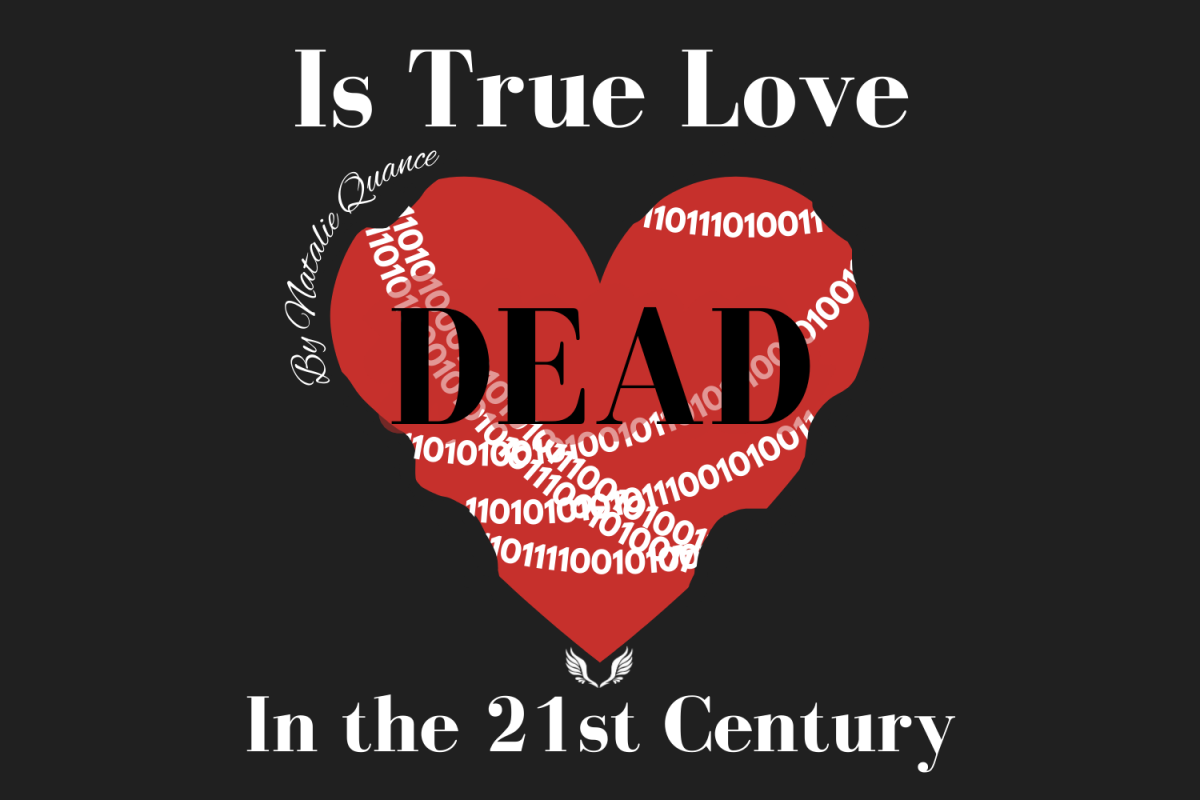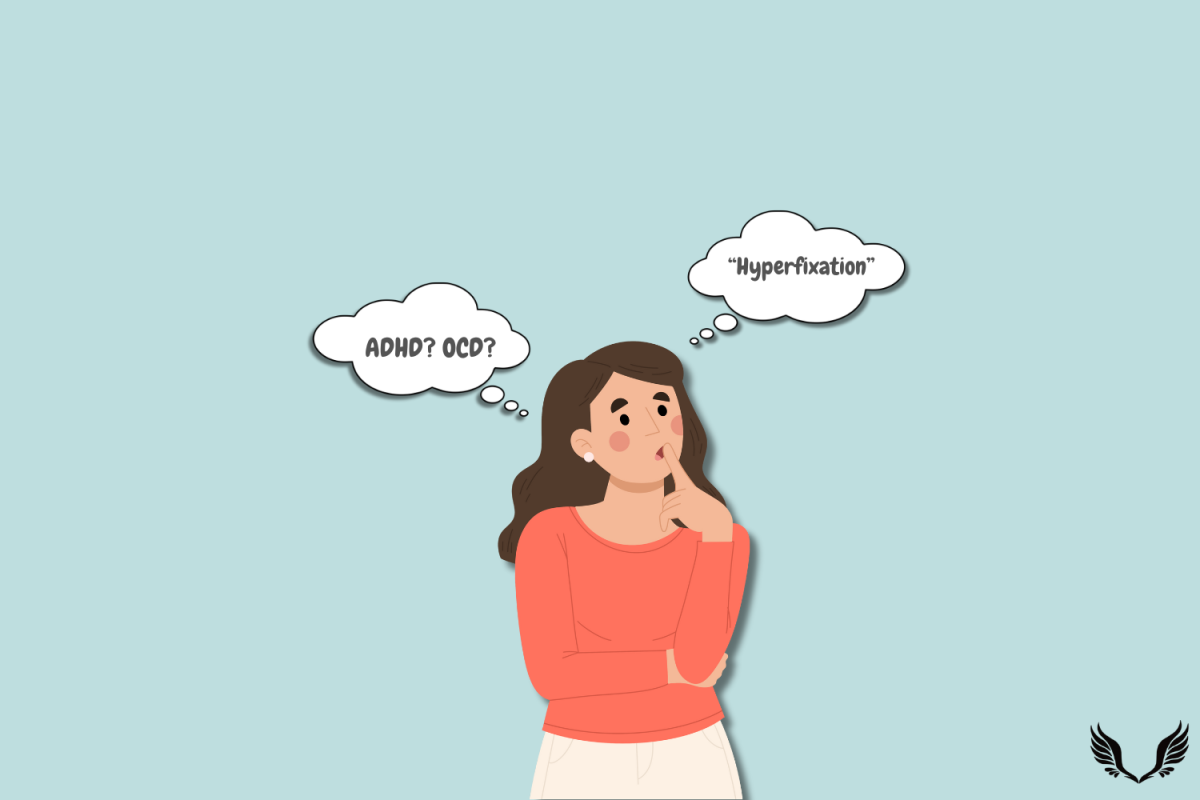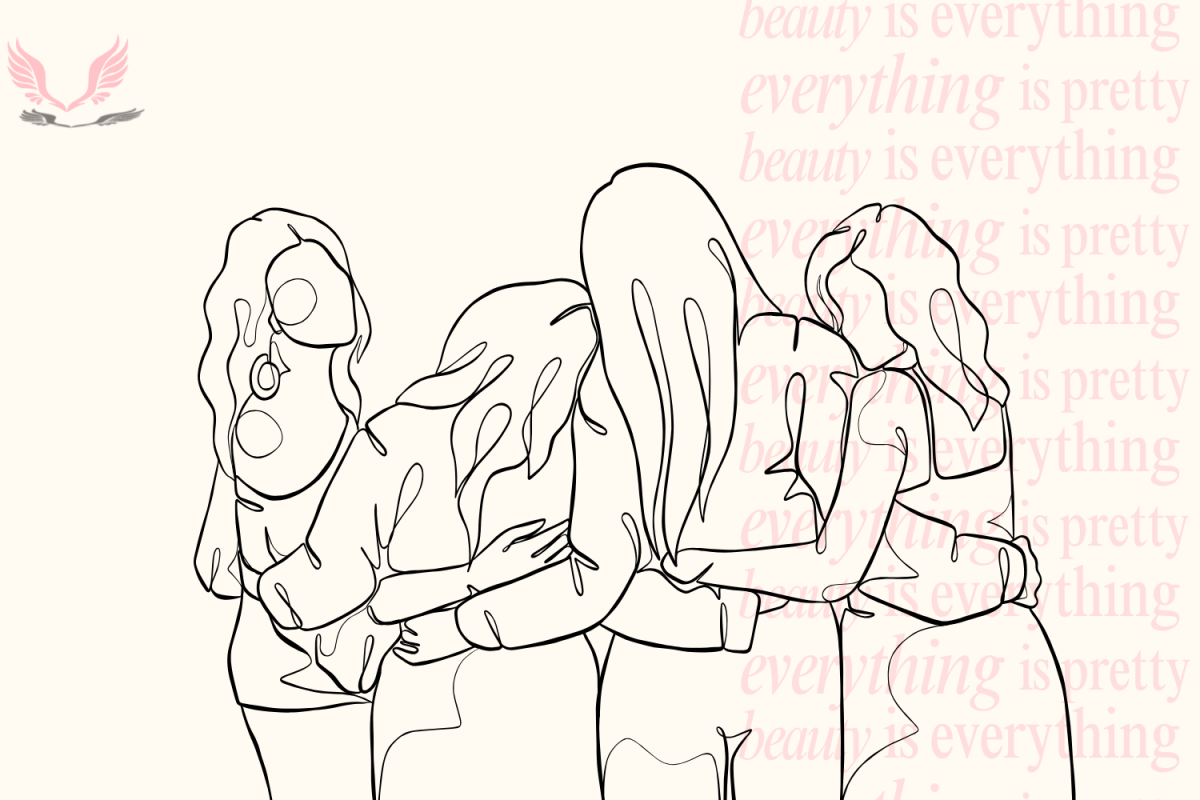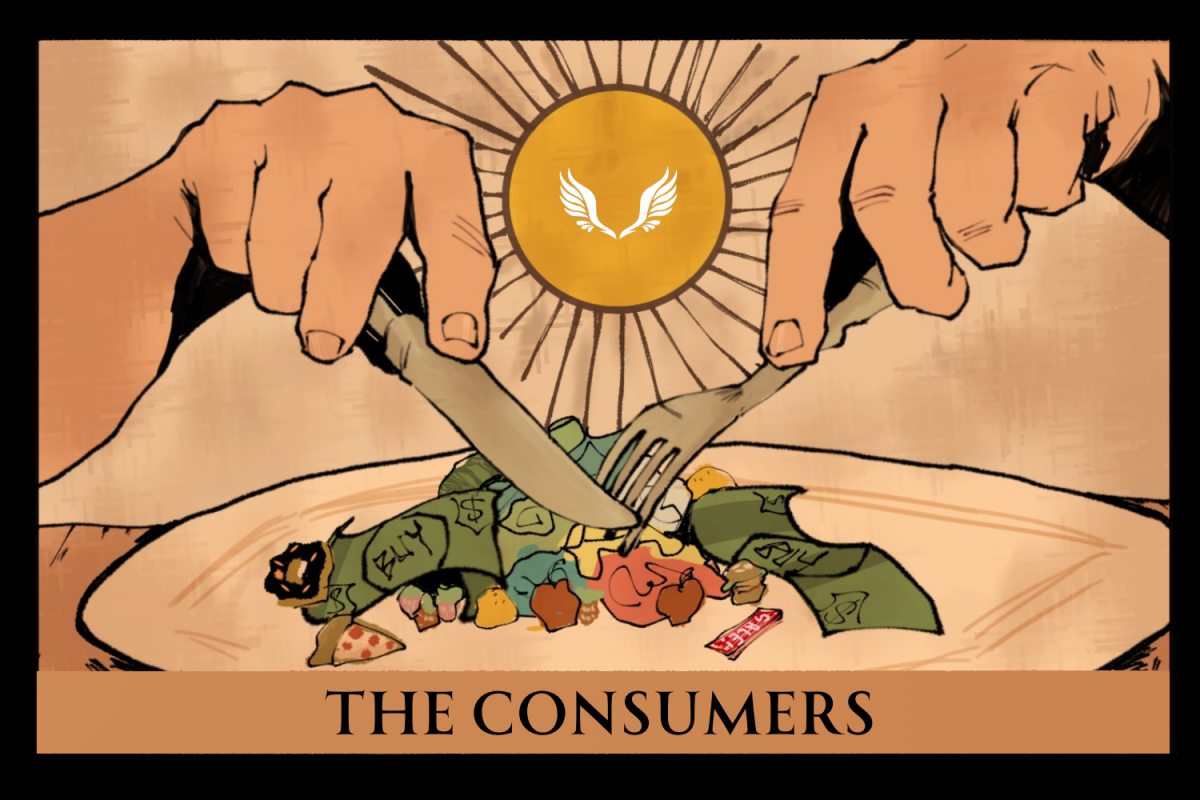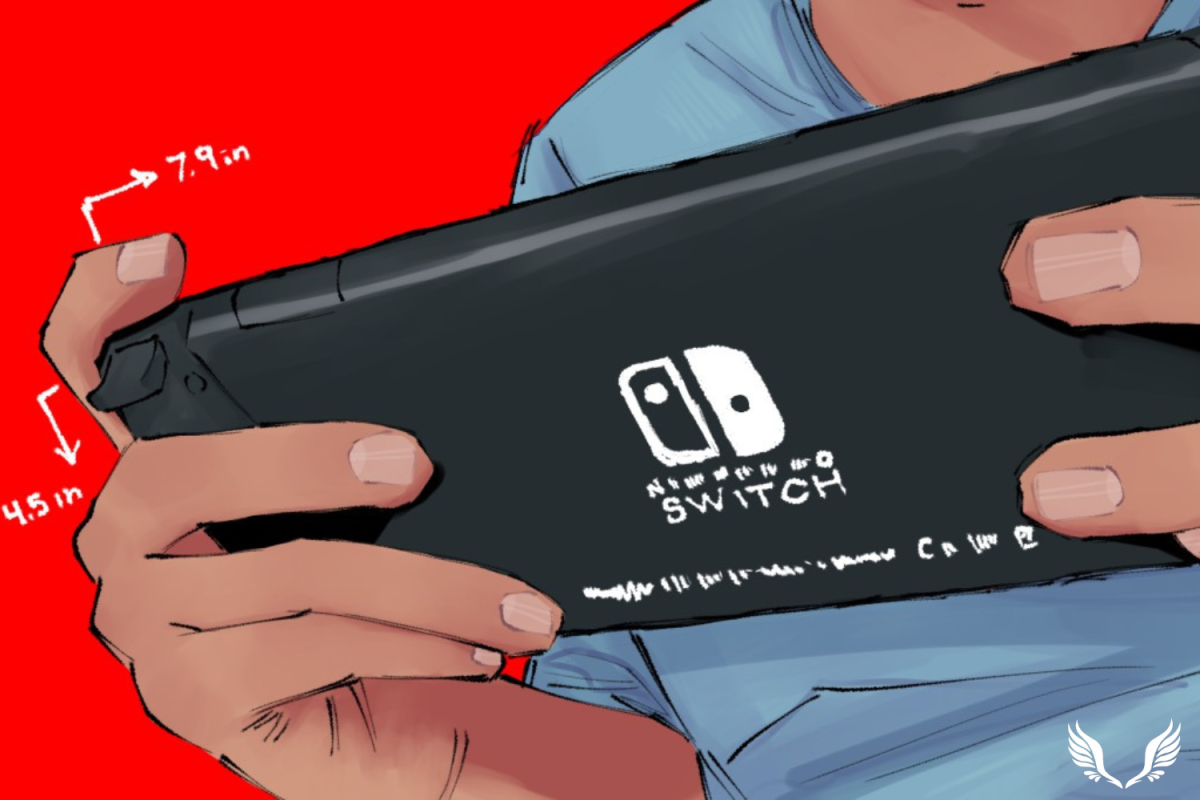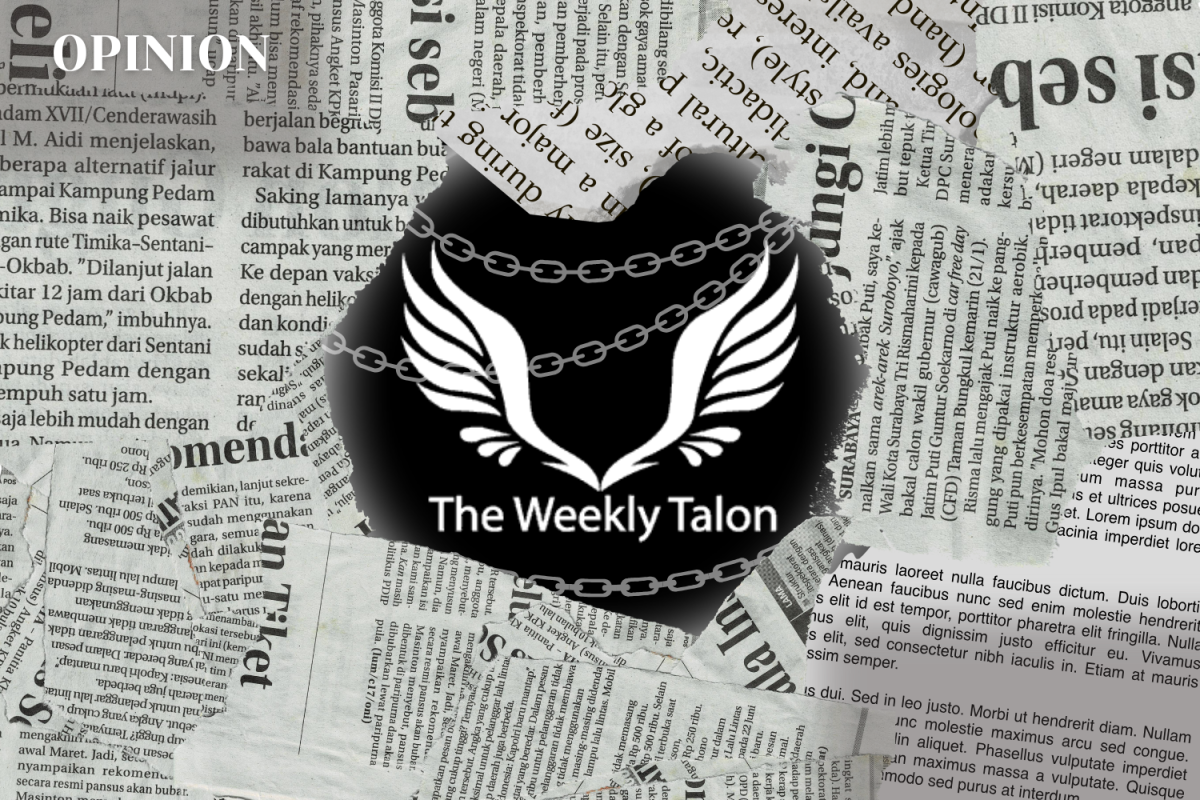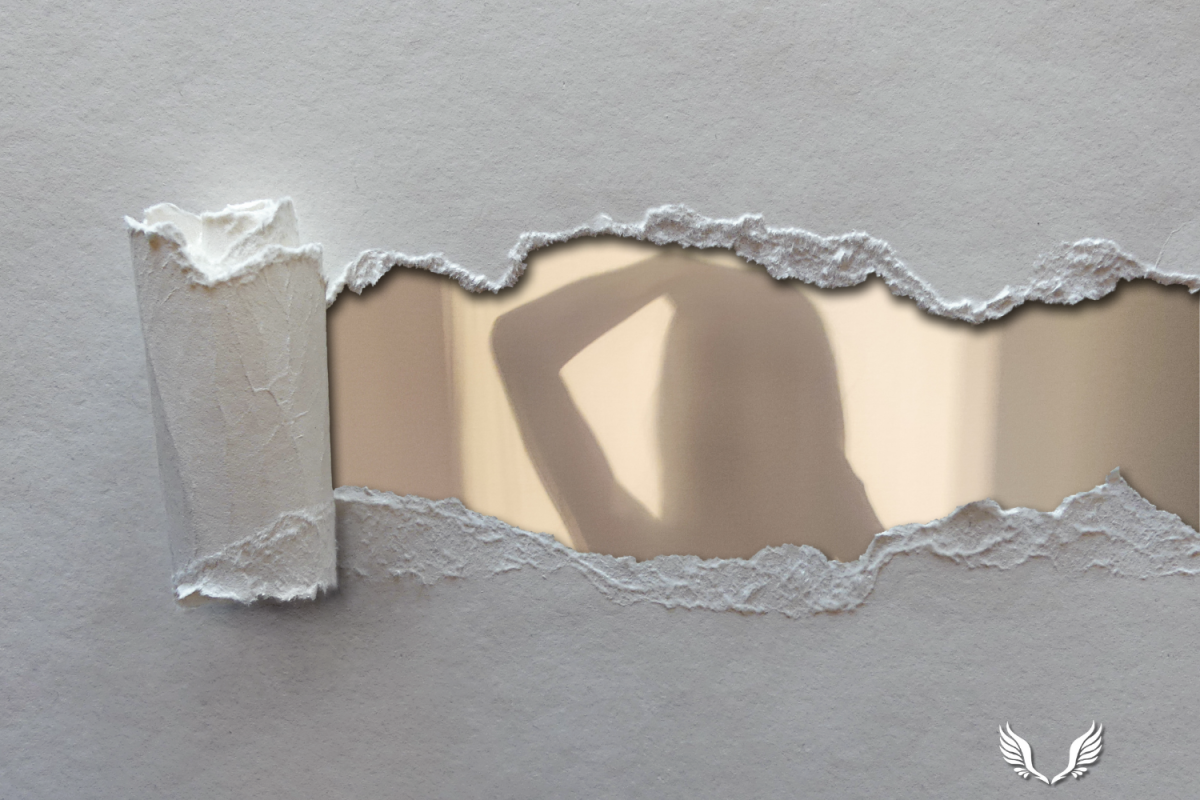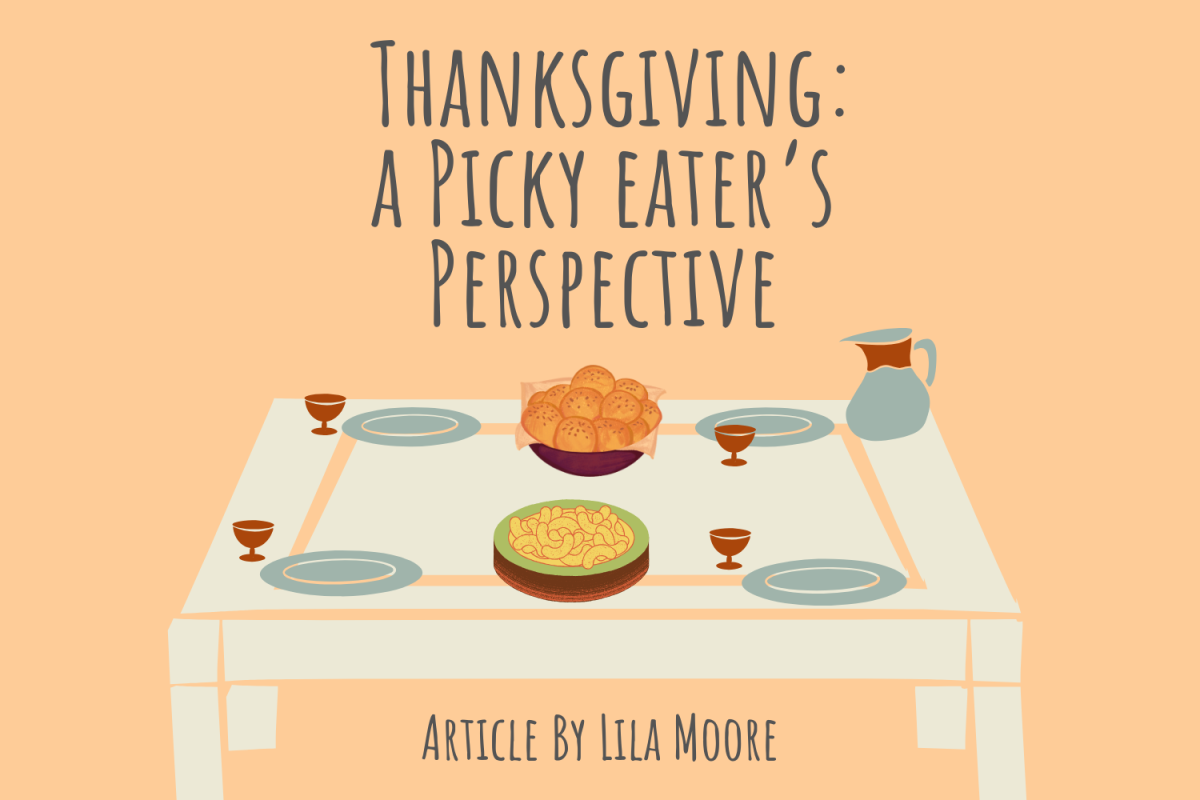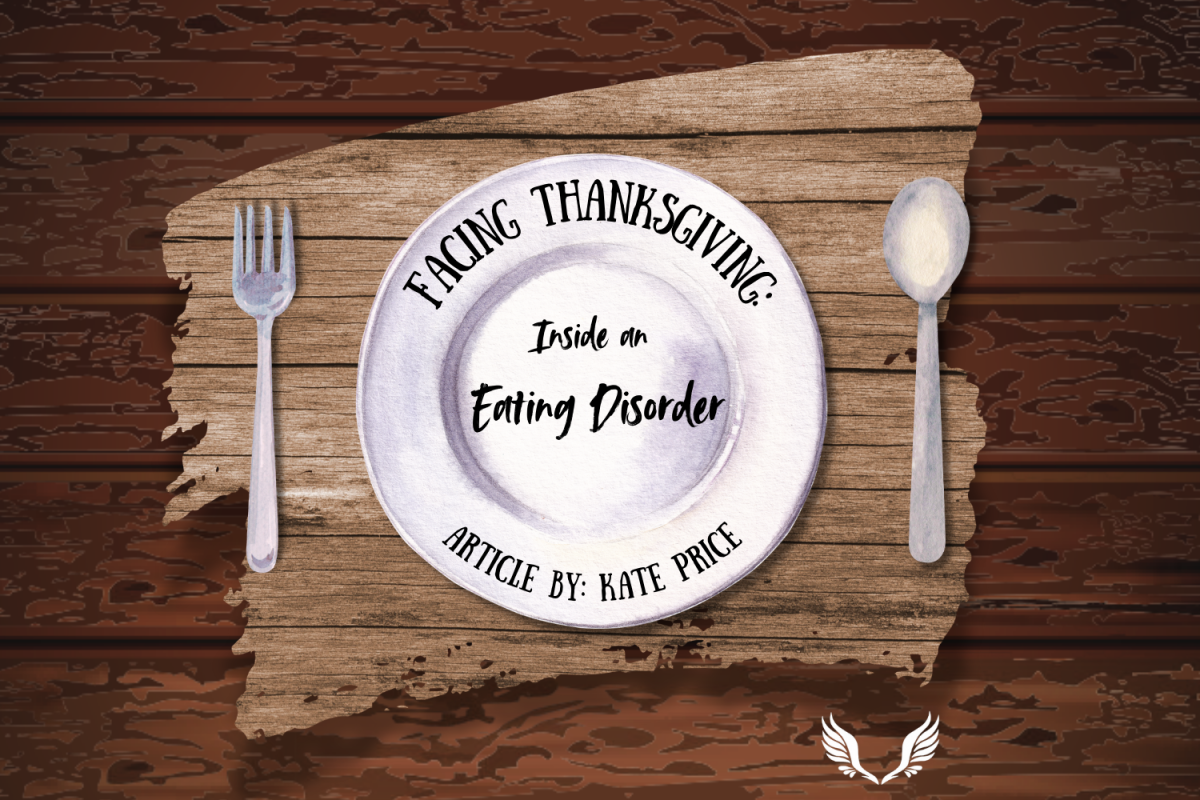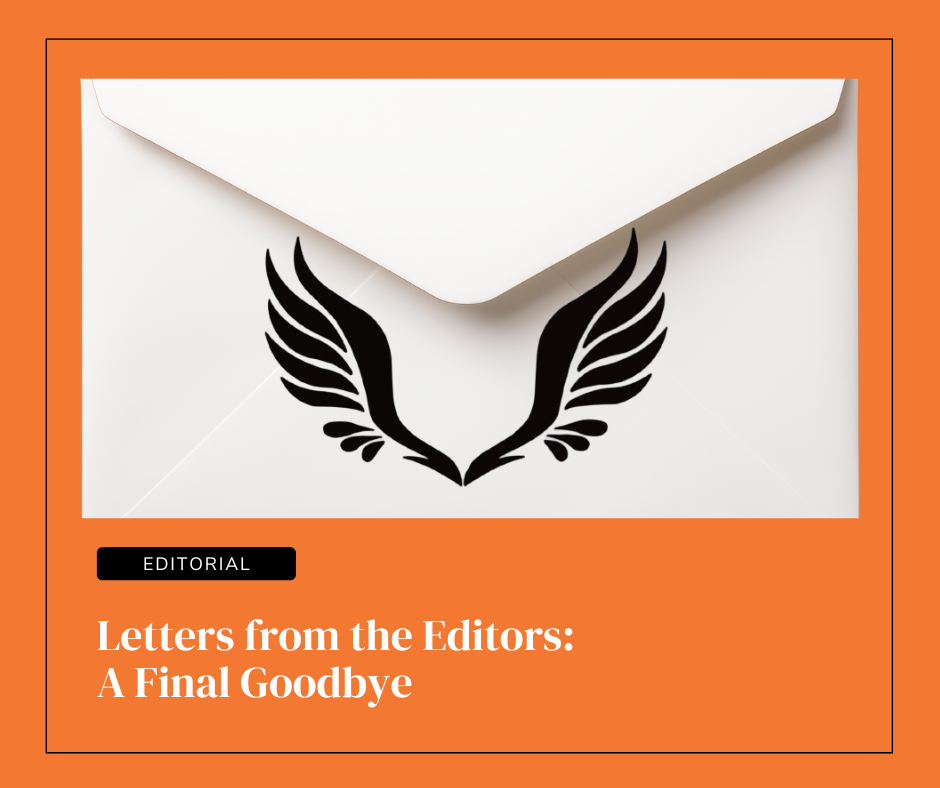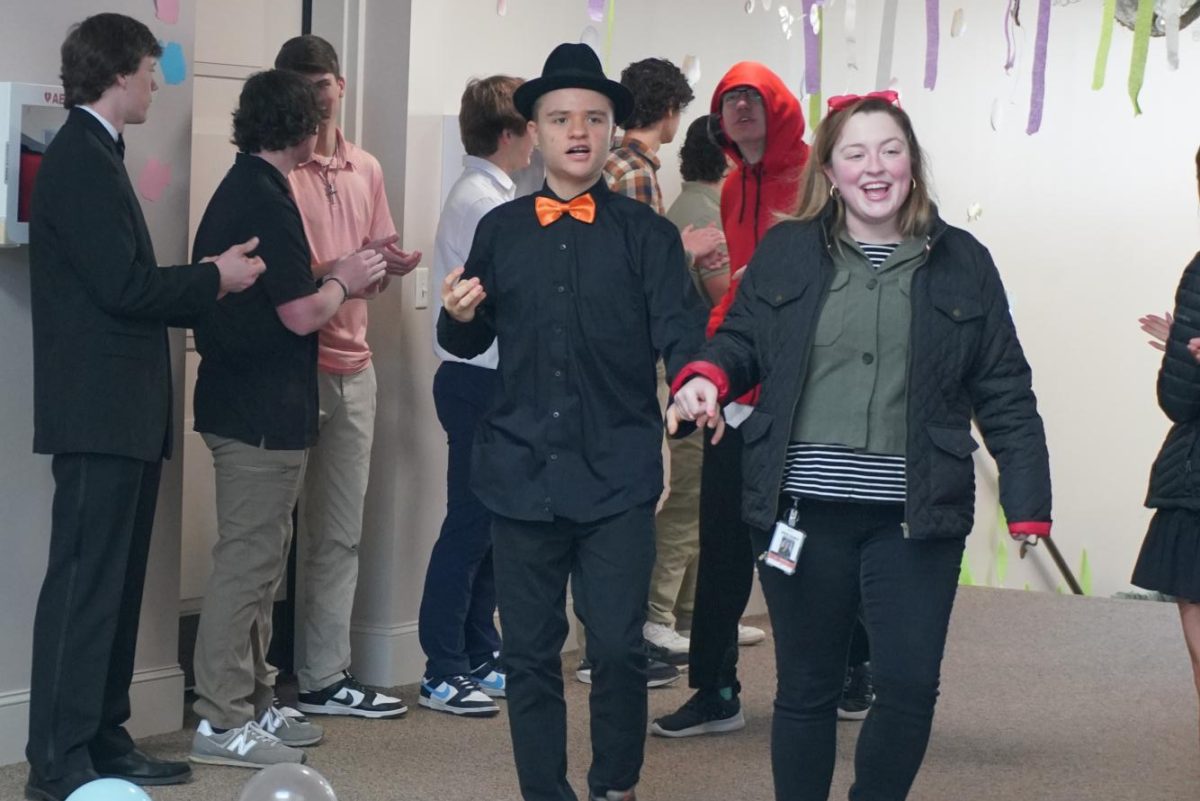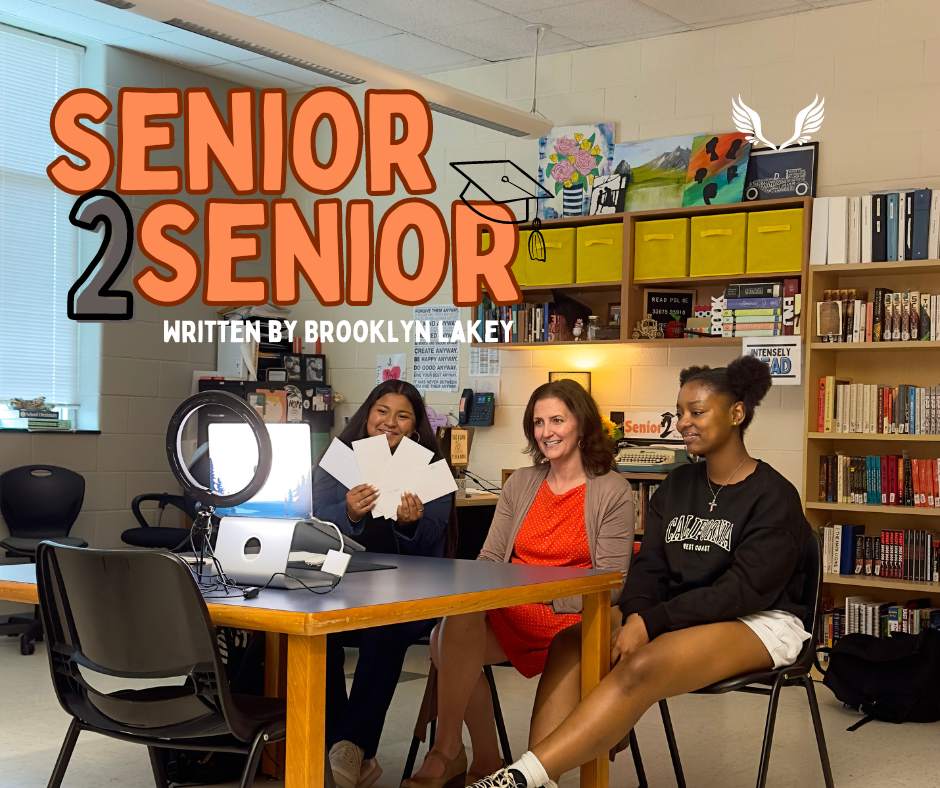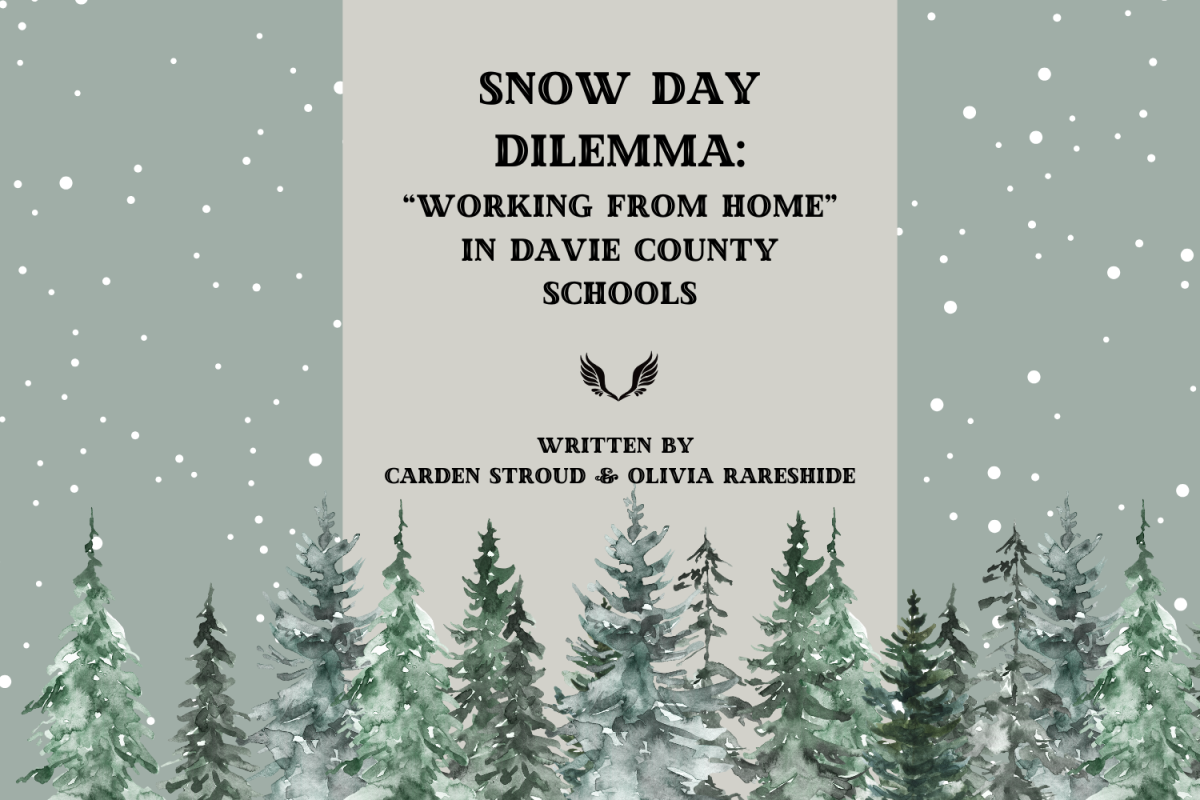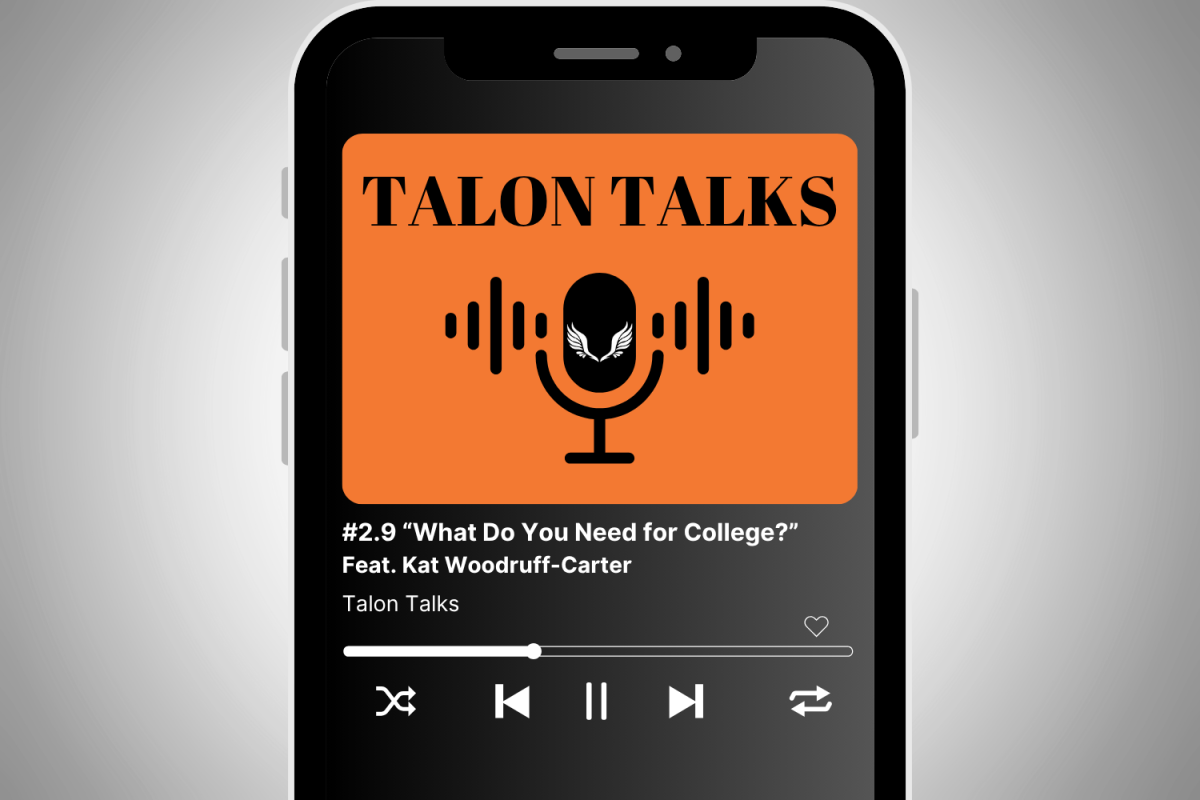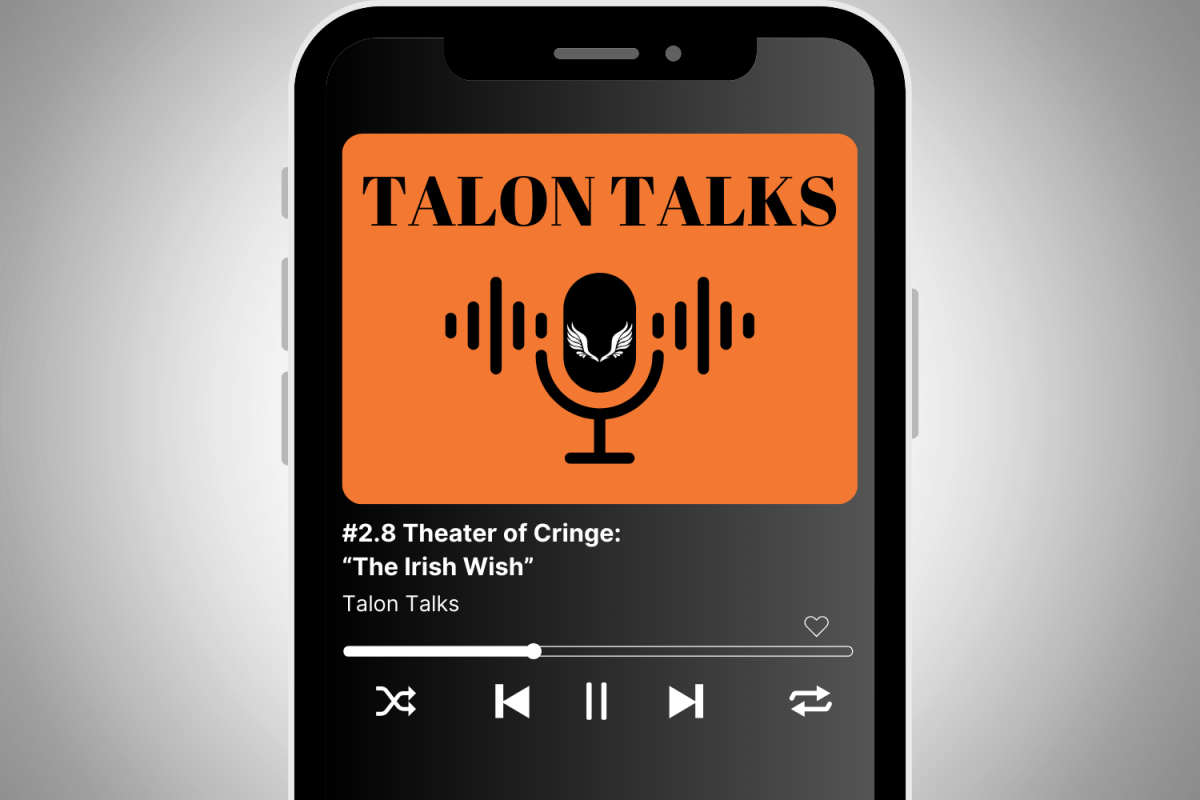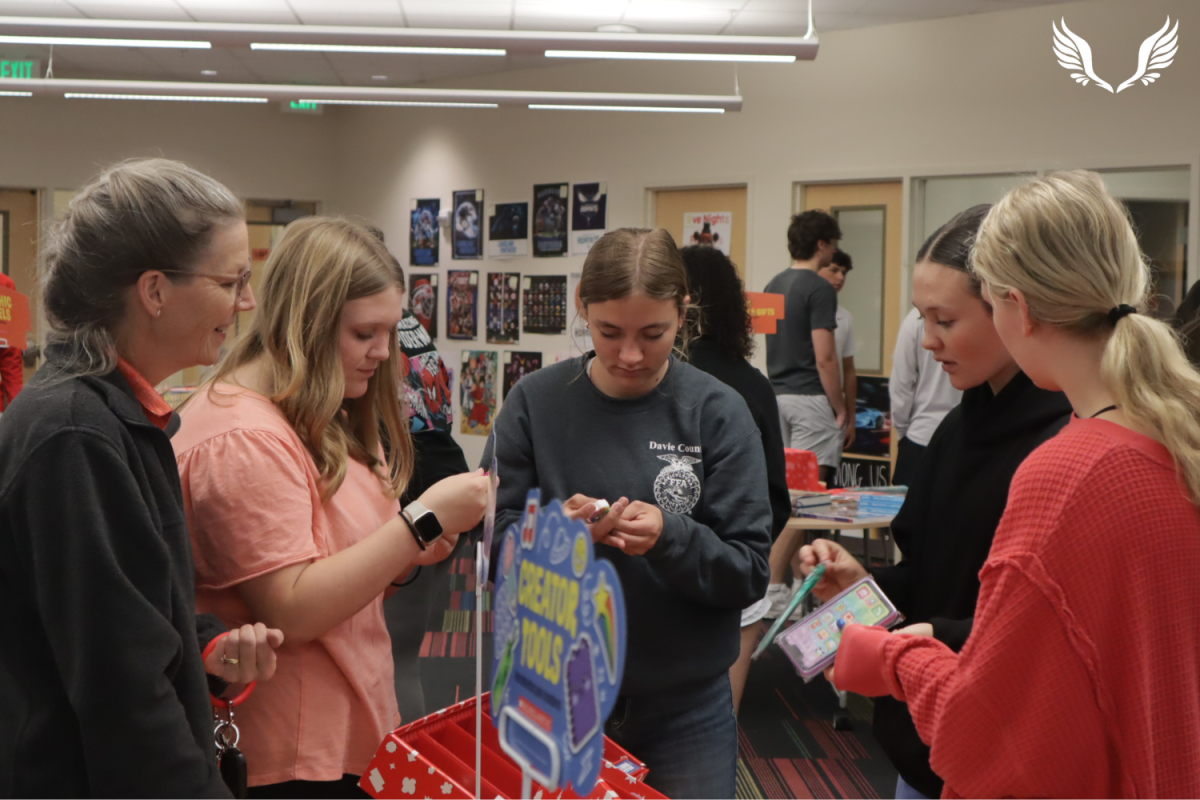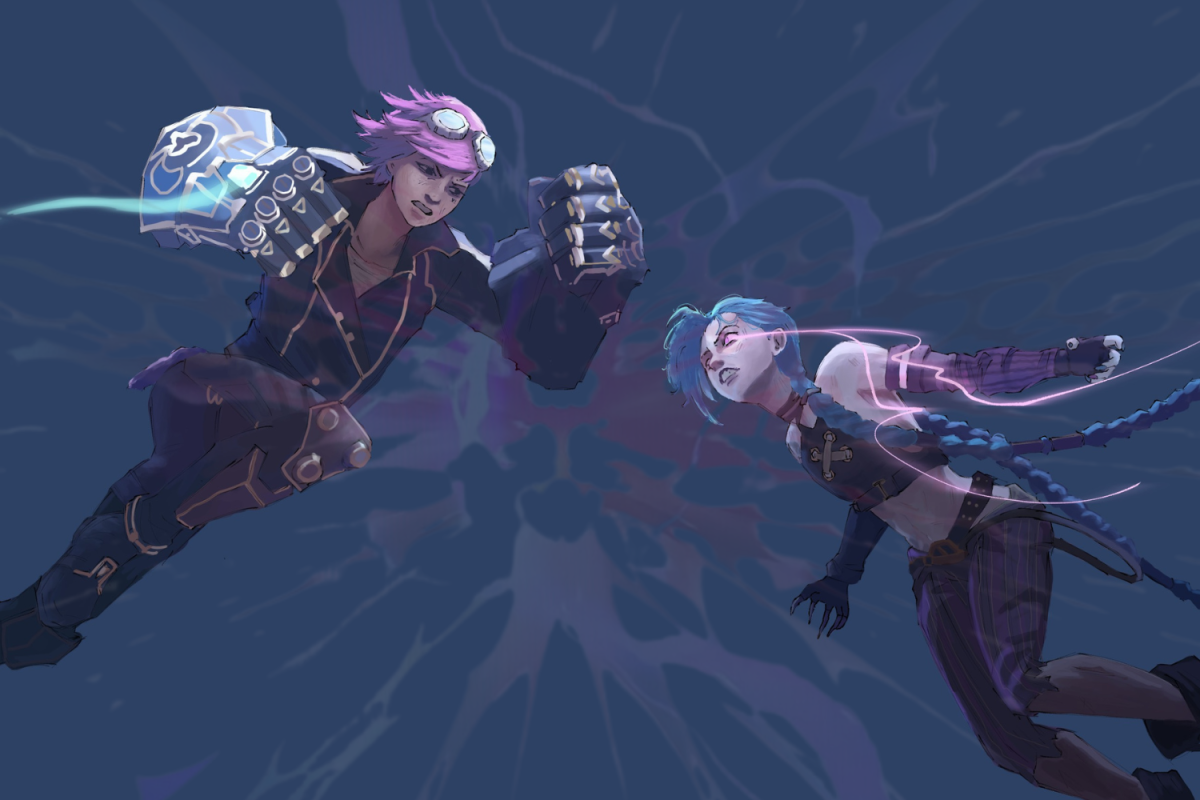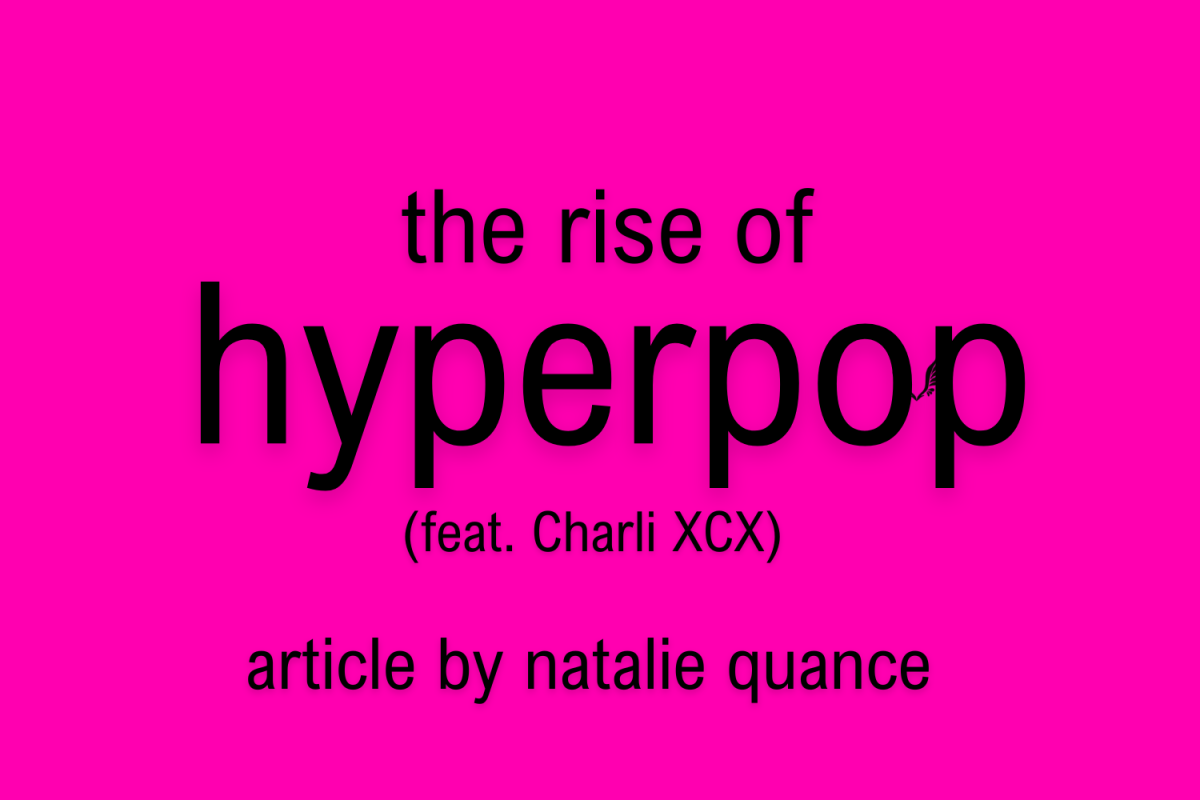With all the shadowy charm, razor-sharp wit, and gothic allure that made her debut so captivating, “Wednesday” has returned for another season. After a groundbreaking first season that topped Netflix’s list of most-viewed English-language TV shows, a renewal was never in question; the only mystery was how the next chapter would unfurl.
Hint hint: it didn’t disappoint.
As “Dark and Dreary” as Ever
Tim Burton’s return to the director’s chair guaranteed this Addamsian production would once again revel in its deliciously macabre atmosphere. Decider and other critics praise the filmmaker’s “directorial flourishes,” and for good reason. Burton adds a comedically gray liveliness to the show, a skill he no doubt honed through the production of dark laughs like “Beetlejuice” and “The Nightmare Before Christmas.”
A clear staple of the Burtonian style is the presence of in-your-face, Halloween-esque aesthetics: think cobwebs, zombies, New England, and witches. I hadn’t realized this on my first watchthrough; when Bach’s “Toccata and Fugue in D minor” played in Episode 8, I actually rolled my eyes. Seven episodes of gorgeous visuals and rich character dynamics, just for Burton to greenlight the most overplayed-albeit-beautiful gothic track ever. But when our titular protagonist herself called it “generic,” it all seemed to click in that familiarly comedic directorial fashion.
Any viewer who couldn’t discern who the director was by the stop-motion animation sequence of Episode 1 must have been in their own world. Burton and his team worked with stop-motion studio Mackinnon & Saunders to build this extra-nostalgic and maliciously magical layer of our young protagonist’s second chapter.
“Something Wicked This Way Comes”
This season doesn’t just lean into gothic flair—that’s what provides the thrilling backdrop. Season 2 deepens character arcs and the Addams mythology with that Burton touch, expanding the Addams family legend while grounding supernatural phenomena in familiar emotional stakes.
The second season opens with the return of our monochromatic sleuth to Nevermore Academy, older, sharper, and under a much brighter spotlight after thwarting the attack on the school. But fame comes with strings—and not the cello strings Wednesday has learned to tolerate. A stalker (Evie Templeton)—think Wednesday with brighter pigtails—pops up out of the blue (or black), and the aspiring author’s psychic powers behave oddly. Her brother Pugsley (Isaac Ordonez) enrolls at Nevermore with frightening electrical abilities.
Nevermore’s new principal Barry Dort (Steve Buscemi) deploys charm that’s laced from the start with menace, while Wednesday and Pugsley uncover twisted experiments and supernatural secrets innately tied to the school’s past. The tone swings from the afamilial gothic grime of Season 1 to dark family drama in no time, built on the infamous Addams mythos created by Charles Addams in 1938.
By the finale, everything is in question. An old friend returns with a macabre vengeance and unfurls a plan that reveals the origins of Thing (Victor Dorobantu; no, Thing isn’t CGI!). Someone close to Wednesday makes a sacrifice that sends shockwaves and digs the stakes deeper than the grave undead zombie Slurp (Owen Painter) was buried in. Wednesday makes progress in the journey to regain her dormant powers through confrontation with her mother (Catherine Zeta-Jones), but the season closes on a chilling note that hints that the Addams family’s darkest secrets are only just beginning to surface.
From the fraught mother-daughter bond between Wednesday and Morticia to the grim secrets brewing in the traditionally trusting Addams family, each episode presents itself as an irreversible step closer to something big. The climactic final episode didn’t disappoint, but all the signs point to something bigger—something buried so deep that we’ll have to wait until Season 3 to dig it up.
“All the World’s a Stage,” and These Are the Players
The cast of “Wednesday” isn’t as star-studded as some of Netflix’s recent hits, but there’s a silver lining: it isn’t half as gilded. Relatively unknown actors like Pugsley’s Isaac Ordonez and Thing’s Victor Dorobantu performing alongside “Doctor Who” legend Billie Piper and the one-and-only Catherine Zeta-Jones, who’s been in every film since 1990, introduces a unique dynamic.
“Wednesday” newbie Evie Templeton portrays Agnes, the ever-disturbing (but somehow lovable) Wednesday wannabe and chronic stalker. At first, Agnes comes across as a caricature of Wednesday’s disdain for her newfound reverie—but as the plot progresses, so does her character.
Emma Elizabeth Meyers reprises her bubbly role as Enid Sinclair, bringing a juxtapositional jauntiness to the halls of Nevermore. Her character acts as a catalyst for growth; Enid helps develop the characters of both Wednesday and Agnes through varied-stakes arcs and dynamics, while carving a captivating story for herself.
The Addams Family itself takes a much more prominent role in Season 2. Isaac Ordanez’s portrayal of Pugsley lands the show yet another relatable juvenile subplot, in tandem with Moosa Mostafa’s Eugene. Luis Guzmán’s Gomez and Zeta-Jones’s Morticia, the patriarch and matriarch of their dark dynasty—and their pasts—are central to the development of the plot. Joanna Lumley’s Hester Frump, Morticia’s estranged mother, marked her freshman season on Wednesday with unforgettable intrigue and secrecy.
Nevermore students like siren Bianca (Joy Sunday), Bruno (Noah B. Taylor), and other unforgettable characters all manage to leave unique marks on the show’s landscape. Bianca’s contributions to this season stood out in particular; from the plot with her mother to her loathing of Nevermore’s new principal, it’s hard not to wonder what will happen next.
Whether they lower or raise the stakes—which depends on the episode—“Wednesday’s” eldritch ensemble never fails to lurch the lore forward.
“Hear Your Sentence ”
Every grievance against this reprise of 2022’s Burtonian eerie comedy seems to follow the same formula: “it’s too juvenile,” or “it’s too edgy.” But if my interpretation was anything close to correct, though, that was the whole point. “Wednesday” isn’t trying to grow up with its audience; it’s leaning into the adolescent macabre, and that’s why it works.
Rating: 4.5/5

